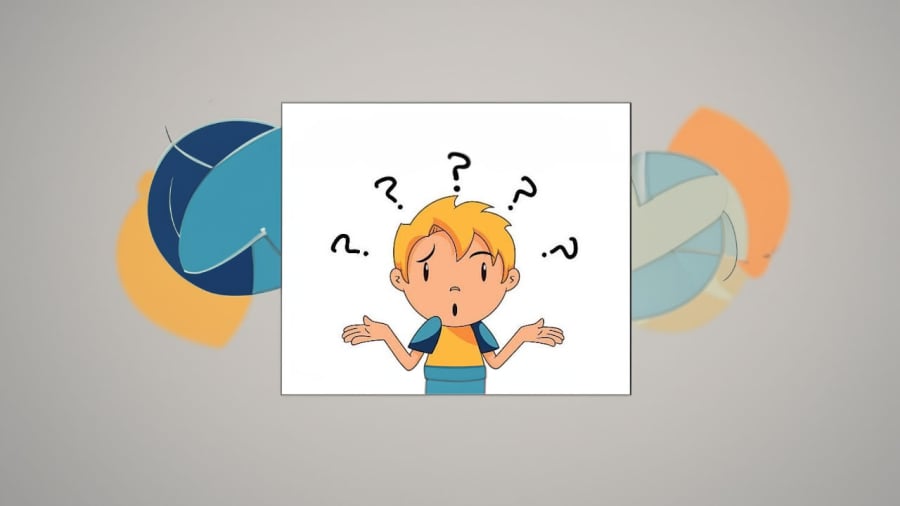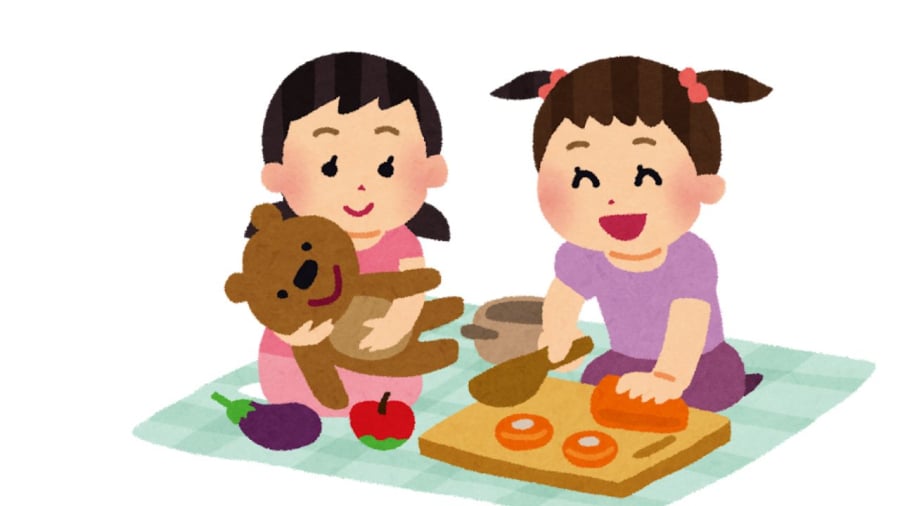The development of children is unique and distinct from adults. Adults have passed this stage and often don’t remember these habits, so they may try to force children to conform to adult standards. However, it’s essential to understand that children’s development and needs are different from those of adults. Sometimes, adults may perceive children’s actions as misbehavior when, in fact, they are natural and integral parts of a child’s intellectual growth. So, if you notice the following three traits in your child, it’s best not to restrict them:

Children who question and argue display intellectual curiosity
Children who enjoy speaking up and arguing
Intelligent children are curious and seek to explore ideas they believe in, often wanting to delve deeper into a topic. Consequently, they tend to ask questions, challenge statements made by adults, and seek clarification. Some may view this as defiance, but it’s essential to understand that these children are eager to learn and explore knowledge to the fullest. Research from Harvard University and the American Academy of Pediatrics suggests that parents should be delighted when their children exhibit a tendency to speak up or challenge their opinions.
A child with a flexible mind will often question, argue, and engage in discussions. Additionally, they may possess strong verbal expression, language skills, and social interaction abilities. Instead of silencing them, parents should observe and guide their children to adjust their language to suit their age and the specific context. Parents can also help their children expand their vocabulary and develop logical thinking skills through debates and arguments.
Children who take apart toys and objects
If your child enjoys taking apart toys and objects, it’s a sign of their curiosity and desire to explore the world around them. Instead of scolding them for what may seem like destructive behavior, understand that they are driven by a curiosity to discover how things work and a passion for exploring the world, even in the smallest details. This curiosity can be beneficial for their brain development.

Taking apart toys indicates a thirst for knowledge
They want to understand the structure and functioning of objects. Encourage this habit as it fosters intelligence and agility. Guide and explain to them the composition and functioning of surrounding objects. By allowing them to explore and reassemble, you’re nurturing their intelligence and agility. So, refrain from reprimanding them and embrace their curiosity instead.
Active children who love to run and jump
Children are naturally energetic and can engage in physical activities without easily getting tired. While some adults prefer children to sit still and be quiet, a child’s natural inclination to run and jump is a clear sign of their intelligence. Their playful nature not only reflects a cheerful and energetic personality but also indicates a sharp mind, optimal social skills, and physical well-being.
Research also suggests that a child’s propensity for running and jumping is not just a sign of brain development but also an advantage in communication, thinking, and physical activities. Therefore, parents should be mindful of instructing their children to refrain from running and jumping only in sensitive situations, such as when silence is required, during religious ceremonies, when adults are having serious conversations, or in places like dining rooms and movie theaters. Apart from these exceptions, children should not be forced to sit still like adults all the time. Instead, parents should encourage their children to explore and experience new things.
Girl Faces Criticism After Admitting Santa Claus Isn’t Real
Meet Charlie Hayes, a 22-year-old British girl who is making headlines for her bold confession to her child: Santa Claus isn’t real. Charlie’s honesty has sparked controversy, with many parents criticizing her for taking away the magic of Christmas. Despite the backlash, Charlie stands by her decision to tell her child the truth and believes that it’s important to be truthful with children, even if it means bursting their bubble of Santa Claus. Join us as we dive into the debate and explore the different perspectives on Santa Claus and the impact it has on children’s beliefs. Get ready for a thought-provoking discussion that challenges the traditional notions of Christmas and the role of Santa Claus in our lives.



































